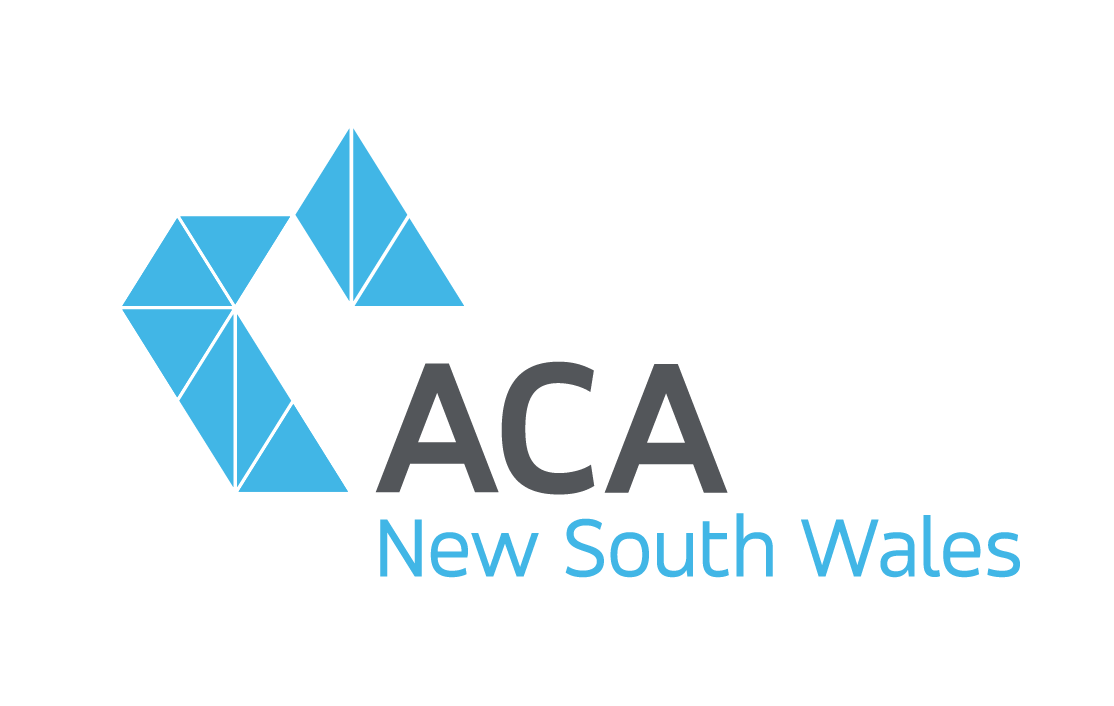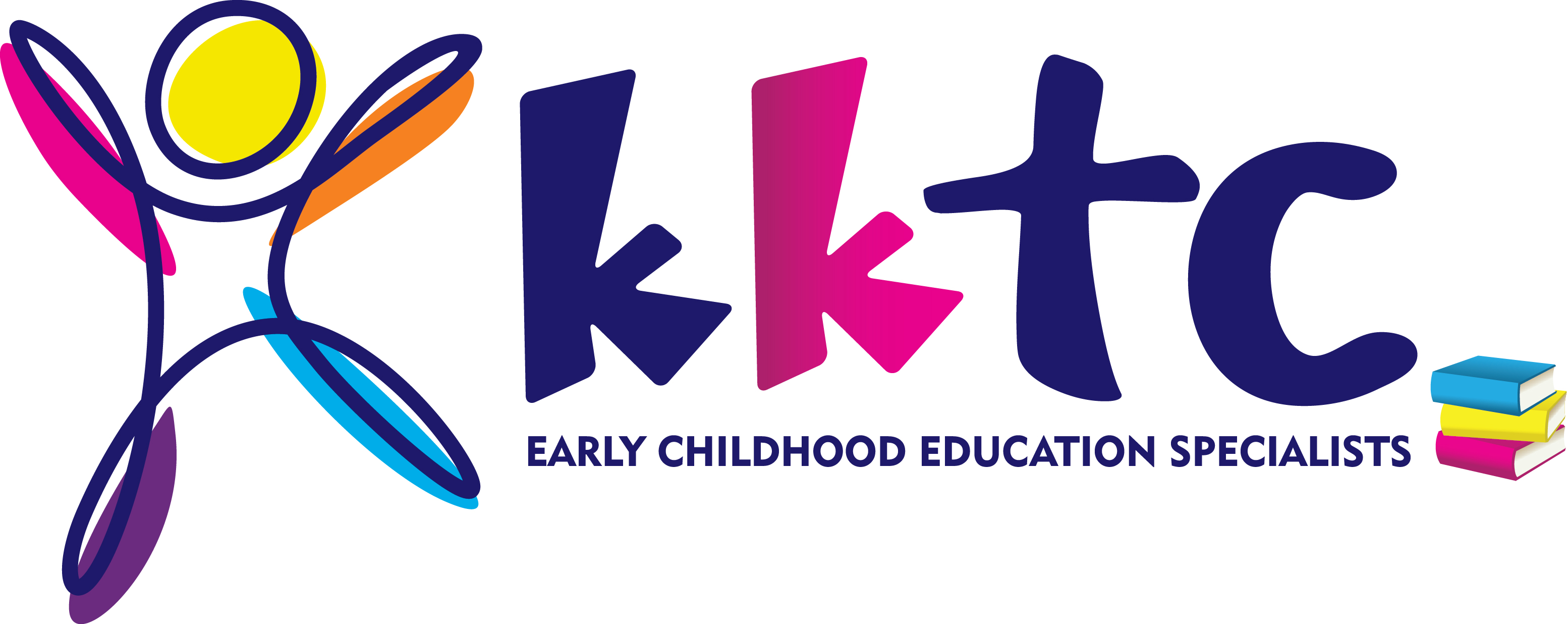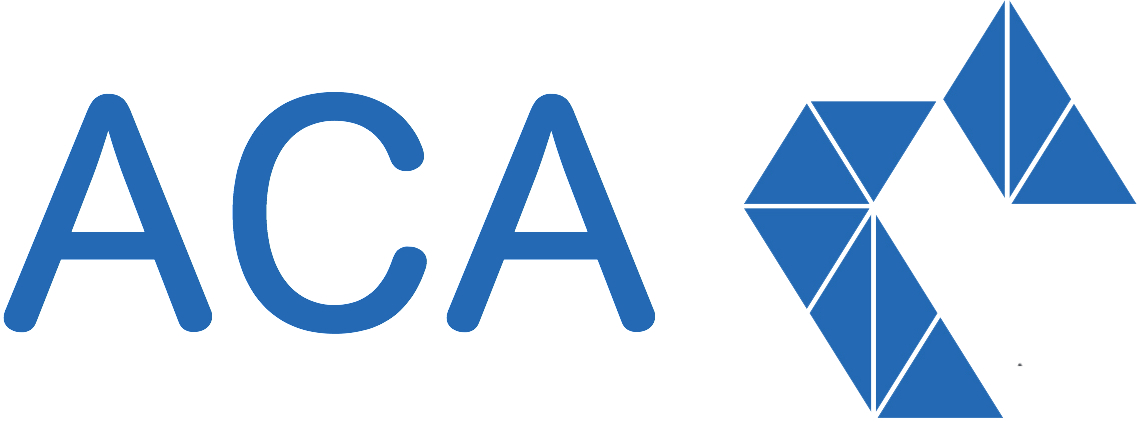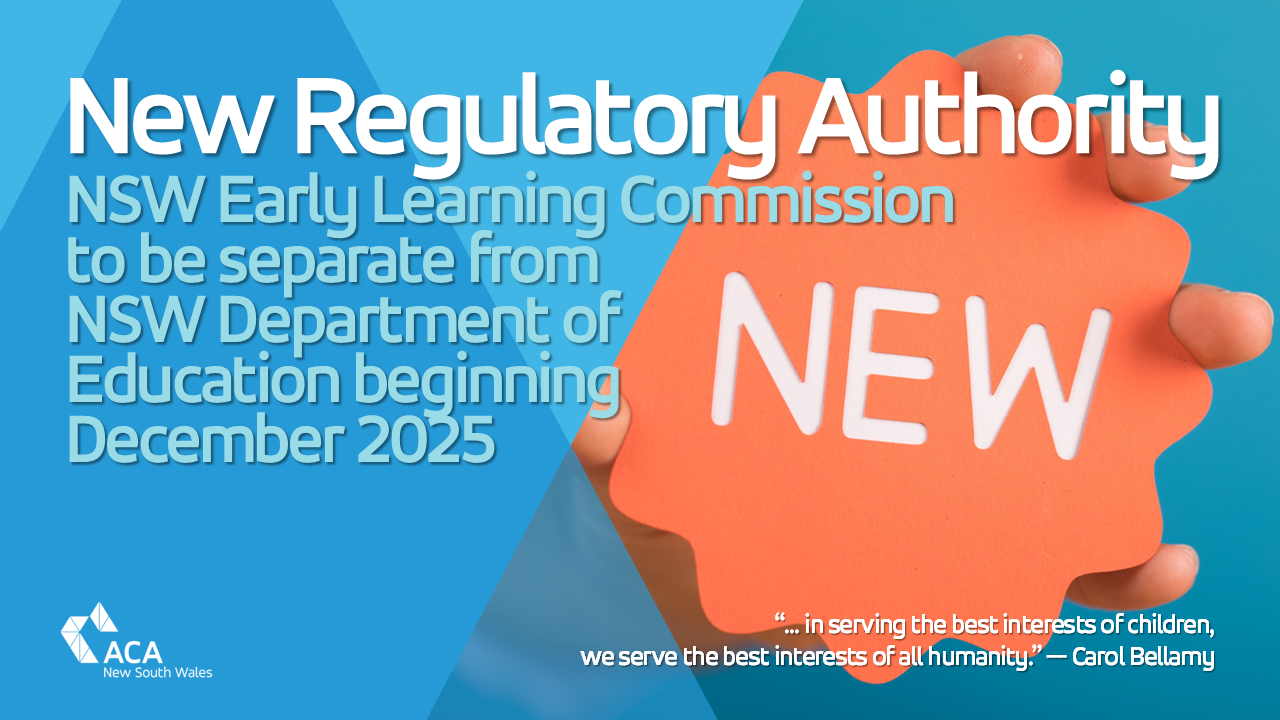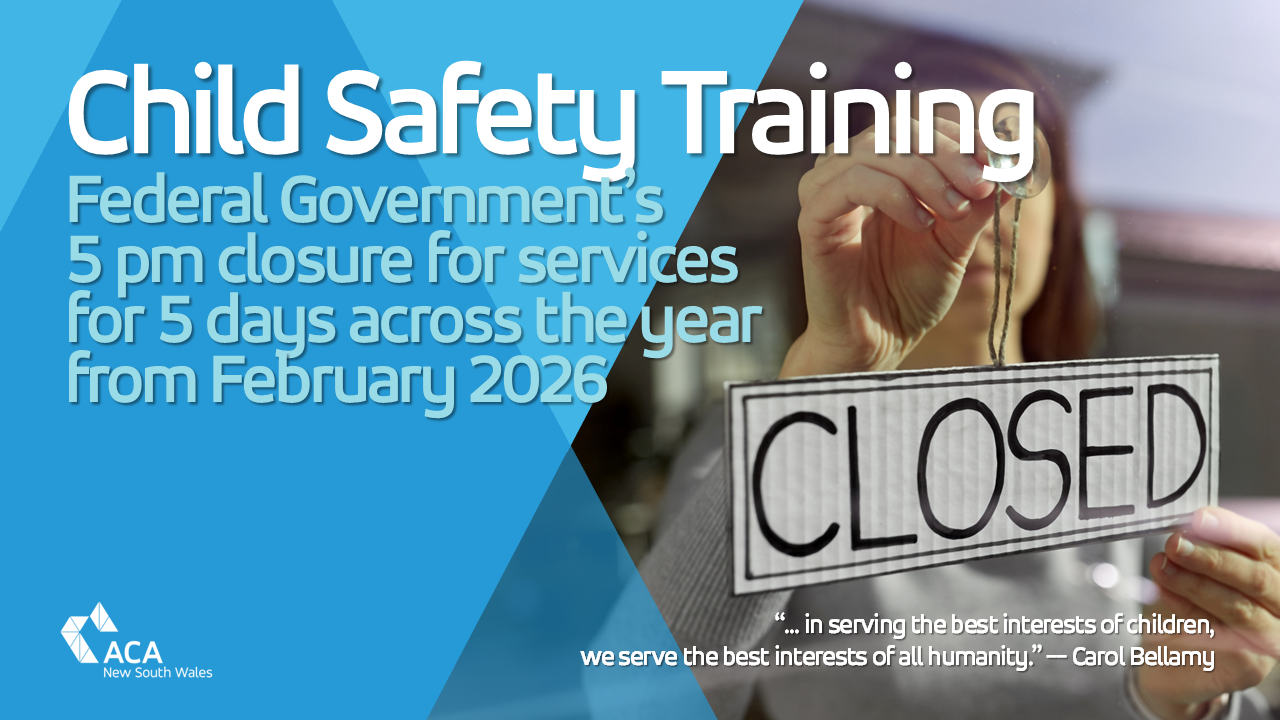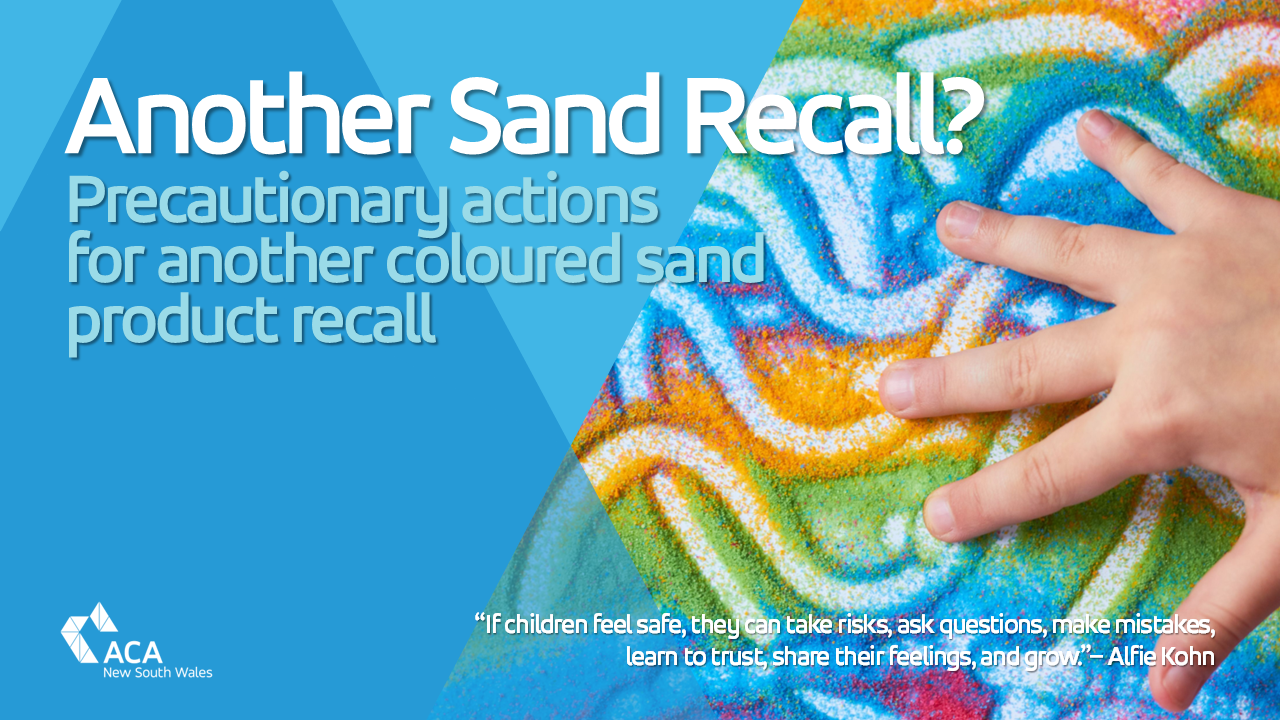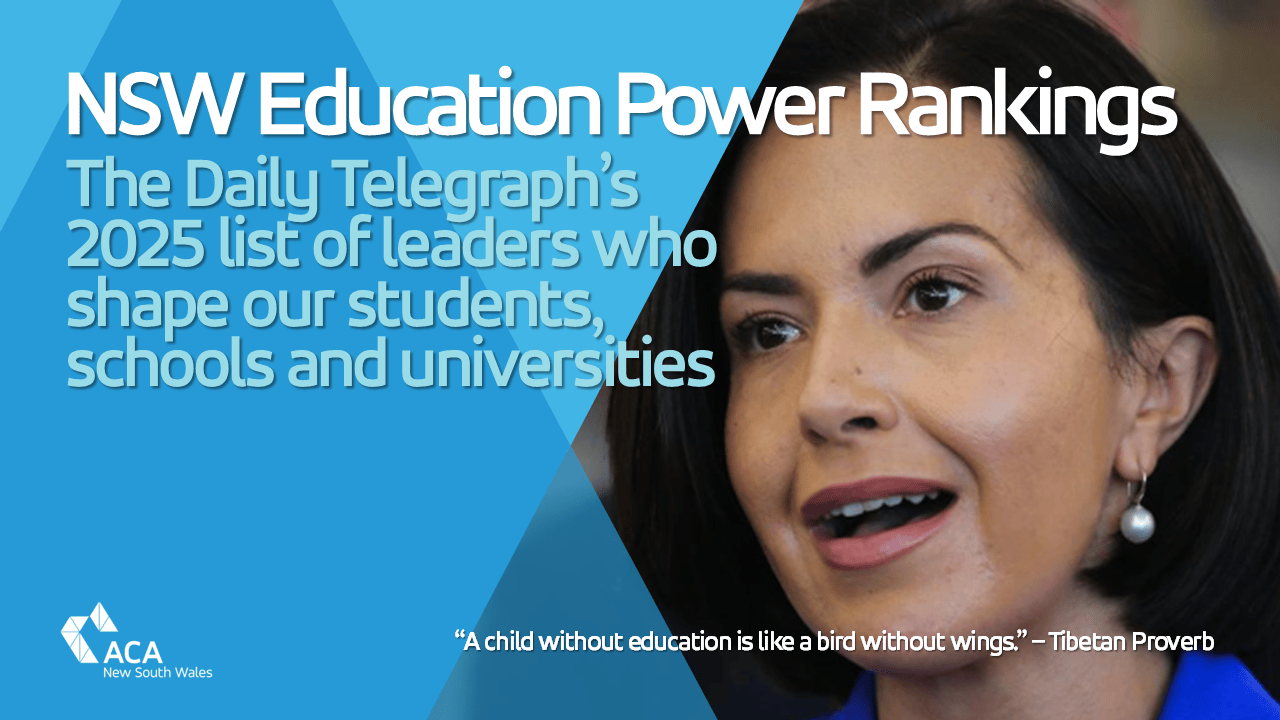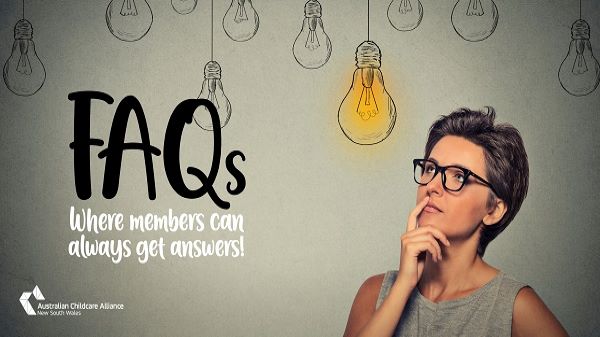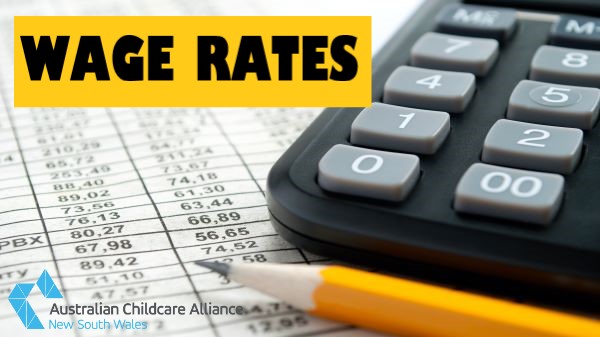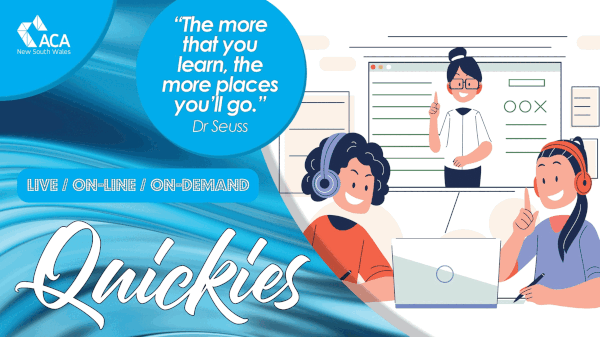While in the midst of severe labour shortages, recruiting qualified early childhood educators and teachers is already very challenging. And that would be an understatement when overseas educators and teachers (outside of the United Kingdom, Ireland, Canada, USA and New Zealand) must also achieve:
“a score of seven (7.0) or more in the reading and writing components, and a score of eight (8.0) or more in the speaking and listening components, in the academic version of the International English Language Testing System (IELTS) exam in the last two years.”
Such is the current requirement of both the Australian Children's Education & Care Authority (ACECQA) and the NSW Education Standards Authority (NESA). This is despite IELTS' own demographic data showing that more than two-thirds of native English speakers have been unable to achieve the above requirement.
On this issue, ACA NSW was (again) recently reported in the Daily Telegraph as well as Channel 9's Today Extra and Radio 2SM:
ACA NSW has also been advised by the Australian Institute for Teaching and School Leadership (AITSL) that the Australasian Teacher Regulatory Authorities (ATRA) Network has been tasked to conduct a review of the English language proficiency test and provide advice to all 9 Federal, States and Territories Ministers for Education on potential changes to their 2011 Framework for Teacher Registration in Australia under these Ministers' National Teacher Workforce Action Plan.
That said, at the moment, any changes and when they may occur remain unclear and undefined by the nine Ministers for Education, AITSL and ATRA. It is therefore critical to all that without more timely and appropriate reforms, there will continue to be a lack of reliable supply of early childhood educators and teachers, which in turn continue to have consequential negative effects.
Without compromising quality, this is one of many reforms ACA NSW continues to advocate for and pursue for the benefit of all children, their families, early childhood educators, teachers and services.
And individually and collectively, ACA and ACA NSW continue to advocate for solutions to pay, working conditions, streamlining workloads, removing unnecessary/ineffective compliance requirements, support for professional development, as well as the respect and standing of early childhood educators and teachers in our society.
For any further information/clarification, please contact the ACA NSW team via 1300 556 330 or nsw@childcarealliance.org.au.
PUBLISHED: 2 MAY 2024
